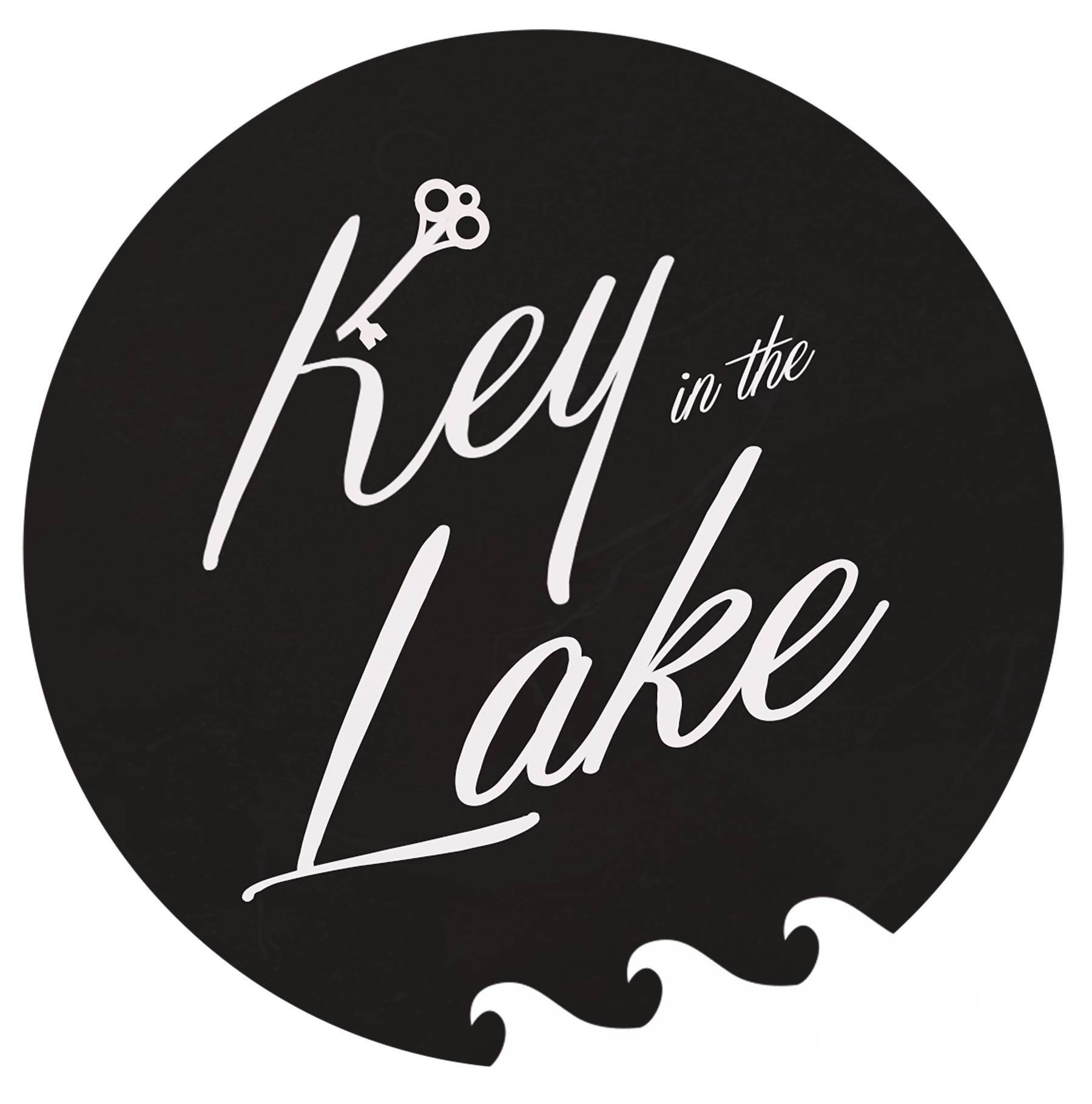The Last Taste of Summer
A cloud of cigar smoke swirled over the rooftop. Patrons sampled through the row of distilleries. Three Bourbons produced by a father and son from Wisconsin, gins from Finland, and multiple Bourbons and ryes from the brothers Blaum were among the featured spirits.
An hour into the event, the wind picked up, and the smoke moved faster into the night.
Like the Chicago police department during Prohibition, the majority of the event attendees were in the liquor industry. As the infamous Chicago wind shifted, urgency loomed over the bar like the sunshine fading on January 16, 1920. The victims of the 18th amendment didn’t waste a minute of freedom as midnight threatened to empty their mugs and tumblers forever. And, the thirsty patrons of the rooftop didn’t squander the fleeting warmth of summer. They persistently refilled their Glencairn glasses, and puffed their cigars into the foretokening autumn chill.
When the clock rolled into a future with 13 years of entangled rights on the production, sale, and transport of "intoxicating liquors,” the nation became divided between Dry and Wet. The debauchery of the crowded saloon, along with the distilleries and breweries stood on one divide; and the fervent religious sector determined to wash away the evil grime from society stared vehemently at their opponents. Evangelist Billy Sunday proclaimed, “The reign of tears is over.” For some, though, the irritated woes had only begun, and during decade ahead, the nation remained divided on alcohol and its use.
Fortunately, Repeal lifted the “solemn” crowds from the speakeasies, and pouring libations in public was no longer an intrusion on the country’s rights. The Indie Spirits and Cigars on the Roof Deck was a celebration of an ideal summer night combining libations, cigars and a rooftop: subtle freedoms taken for granted until winter’s chilling grip forces us indoors, under a wool blanket and next to a fireplace with a whiskey in hand.
